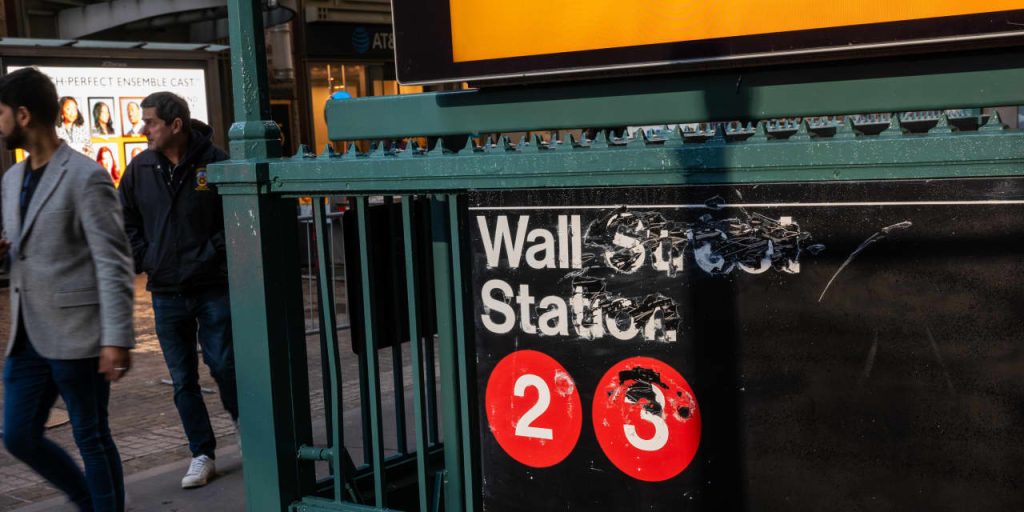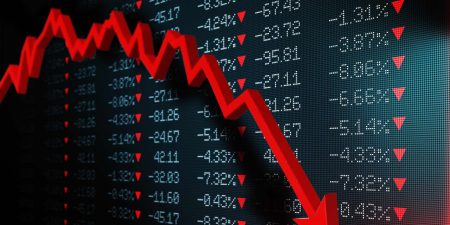Easing inflation and a few Federal Reserve rate cuts this year could help bolster laggards of the U.S. stock market, especially if the economy avoids a recession, says Craig Sterling, head of equity research, U.S., at Amundi’s investment institute.
The group of megacap technology stocks known as the “Magnificent Seven” gained 111% on average last year, while the rest of the companies in the S&P 500 index
SPX
advanced only about 3.5%, Sterling said during a company outlook on Wednesday.
The group, comprised of Apple Inc.
AAPL,
Alphabet Inc.,
GOOG,
GOOGL,
Amazon.com Inc.,
AMZN,
Meta Platforms,
META,
Microsoft Corp,
MSFT,
Nvidia Corp.
NVDA,
and Tesla Inc.
TSLA,
has continued to power higher in January, albeit with some fracturing seen within the group.
Sterling thinks owning “the rest” of the S&P 500 could prove strategic in 2024, given Amundi’s view that the Fed likely won’t cut rates by as much as many expect and that a “durable” earnings recovery probably doesn’t take hold until the second half of the year, which could spur a broader stock-market rally.
“We have yet to see the impact of interest rates on earnings,” Sterling said. “I would not want to be in a stock that’s trading 20x, or perhaps 30x [forward] earnings when this rolls over,” he said, referring to forward price-to-earnings ratios for the Magnificent Seven stocks, versus the roughly 16x ratio for the rest of the S&P 500.
Sterling also warned that excess liquidity continues to drain from the financial system, as the Fed plans to let its emergency bank-lending program expire. It was rolled out nearly a year ago after the collapse of Silicon Valley Bank to help stave off a broader banking crisis.
On the flip side, recent stability in the roughly $26 trillion Treasury market makes longer-duration bonds look attractive, said Paresh Upadhyaya, director of fixed-income and currency strategies at Amundi.
While the benchmark 10-year Treasury yield
BX:TMUBMUSD10Y
touched 5% in October, a 16-year high, it fell back to 4% in December and has been more stable in recent weeks, around 4.2%.
“That seems like it should be in everyone’s portfolio,” Upadhyaya said. “It’s a no-brainer.”
The S&P 500 ended at a fresh record on Wednesday, while the Dow Jones Industrial Average
DJIA
posted a modest 0.3% retreat and the Nasdaq Composite Index
COMP
gained 0.4%.
Read the full article here















